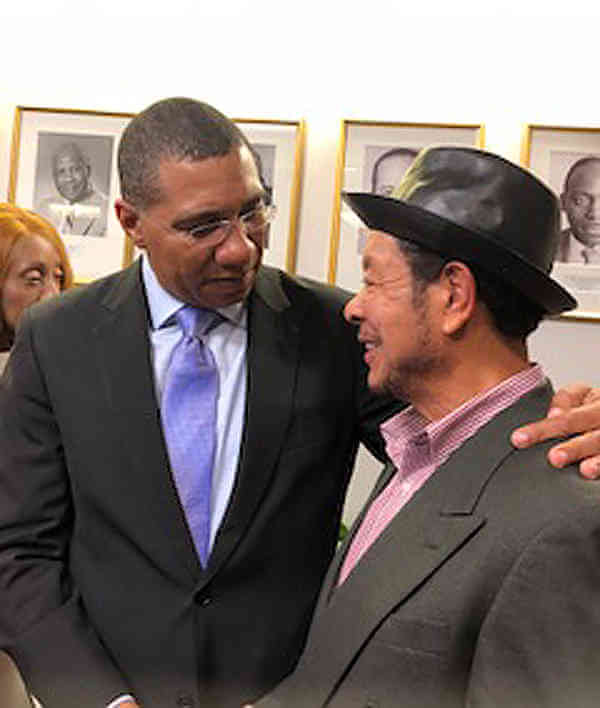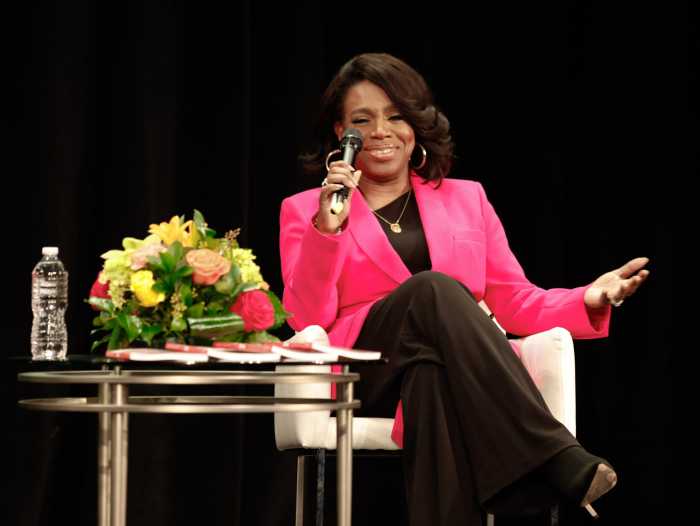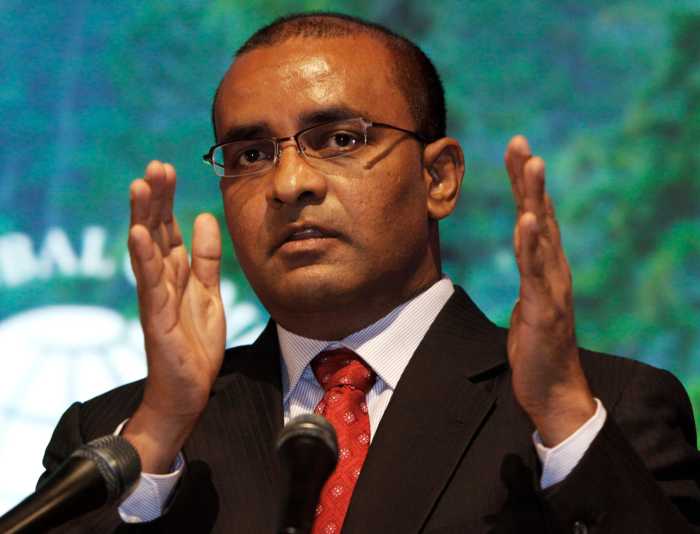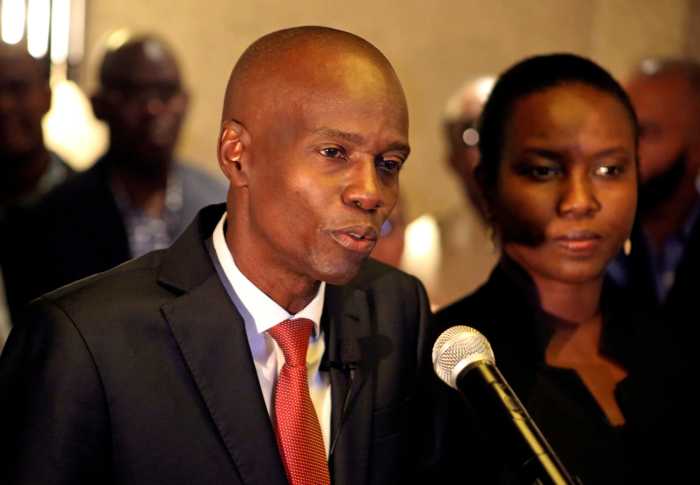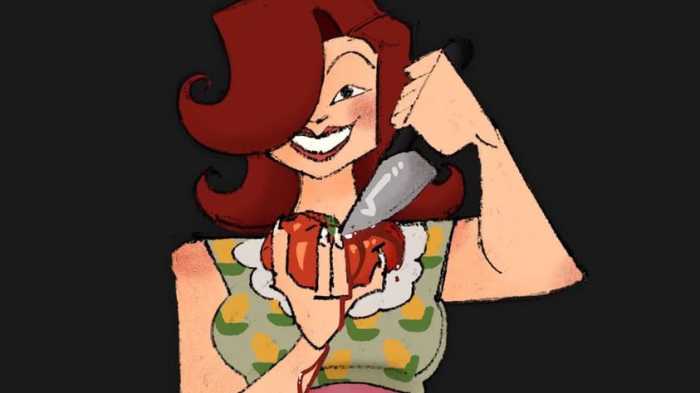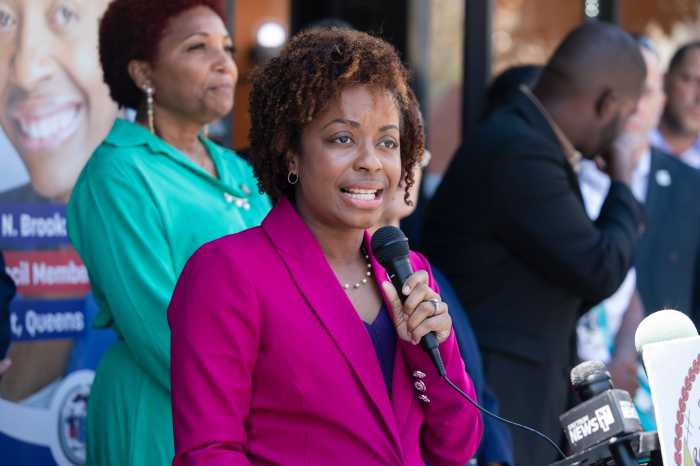On the same day the president of the United States was laughed at during the 73rd session of the General Assembly at the United Nations, a segment of the immigrant Jamaican community laughed with endorsement of their leader Prime Minister Andrew Holness.
In fairness, unlike President Donald Trump who was not addressing his base when he made a statement that amused foreign dignitaries, the visiting leader had the advantage of facing approving members of his Jamaica Labour Party at their “home away from home” — the Jamaica Consulate.
“What ah gwaan” he joked, opening dialogue with the specially invited crowd.
Now considered “Obama style” greeting due to a mimicked patois comment President Barack Obama, the first Black president of the United States made on a 2015 visit to the first independent English nation, the youngest elected prime minister of the nation capitalized on the opportunity to return the momentous ice-breaker by eliciting approval from the majority of supportive diasporans.
An uproarious laughter he probably expected ensued following the “joke.”
Here to update nationals on the progress his government has made since being elected in 2016. He delivered his first address from the home address his island’s representative Consular General Trudy Deans has regularly explained to being “home away from home.”
Accompanied by a delegation consisting of Christopher Tufton, Minister of Health, Kamina Johnson Smith, Minister of Foreign Affairs and Foreign Trade and Matthew Samuda, the PM detailed advances in building a better infrastructure, improving education, providing better health care and inevitably as well as reporting on the recurring deteriorating crime conditions that prevail.
With that said, it must be noted that prior to leaving the island the leader declared a third state of public emergency this year.
Imposed in sections of Kingston and St Andrew a curfew will reportedly be effective for two weeks.
The topic of crime was delicately addressed with explanations related to violence. According to the leader, Jamaicans often use violence as a first resort to solving problems. He said his administration is focused on restoring confidence in the security force using a strategy aimed at fomenting trust.
“Force without abuse” is viable, he said.
He added that the success of some new approaches will work to “making Dons illegitimate.”
A zone of special operations has already been targeted in Denham Town, he said.
In addition he cited cyber security as an area of concern. He said a cyber security college is needed to train experts.
With regard to economics, he explained that past failures in steadying the currency was attributed to measuring the local dollar against the US dollar. A shift in that economic policy to keep the inflation rate down will include supporting local production by keeping prices stable.
Diasporans seemed optimistic listening to plans of restoring a cruise ship pier in Kingston using a floating dock. Some became exuberant learning about the new initiative to make Port Royal a tourist destination. And the promise of upgrading Spanish Town to mirror the heydays of its beauty excited more than a few.
“Jamaica should look like Singapore,” Holness said, “but somewhere we took a wrong turn. We have not lived up to our potential.”
Singapore is the best example of a prosperous and progressive nation.
Comparable in size to Jamaica, the Asian destination has made significant strides in positioning itself above other developing nations.
The PM vowed to place emphasis on curbing domestic violence particularly child abuse. A dedication to reform the country’s stance on corporal punishment is part of his commitment to improving life on the island.
His spokesperson on foreign affairs bolstered the party’s accomplishment citing that the island has been invited by France’s President Emmanuelle Macron to join him at the G7 summit. She said it is the first time that a CARICOM nation has been recognized in such an esteemed manner by any of the powerful developed nations.
This recent encounter with diasporans in New York differed from the first which took the format of a town hall meeting in Queens.
The larger setting invited a far more diverse audience who were afforded advanced knowledge of his arrival.
Although secret service and limited time to entertain lengthy personal encounters curtailed his consulate visit, the prime minister was presented with a portrait from artist Michael Escoffery.
Reportedly two days later PM Holness delivered a policy statement to the General Assembly and took the opportunity of pleading a case to ease restrictions on Cuba.
As one of the endorsers of the 17-point plan to curb poverty by 2030, he told Global Citizens that “Implementation of the Sustainable Development Goals (SDGs) must be people-centered. Embargoes and other financial and economic barriers must not become tools to prevent people, such as our neighbors, the citizens of the Republic of Cuba, from attaining their right to development.”
“Jamaica continues to call for a lifting of the embargoes against that country.”
“Jamaica has been at the forefront of international human rights, having been the first country to incorporate human rights into our foreign policy strategy – a principle that we guard fiercely. We will never lose sight of the responsibility to promote and protect the interests of the vulnerable. We are especially keen to ensure that our women, children, persons living with disabilities, elderly and young people can make meaningful contributions, and reap the benefits of a safe and prosperous society,” he said.
Catch You On The Inside!


